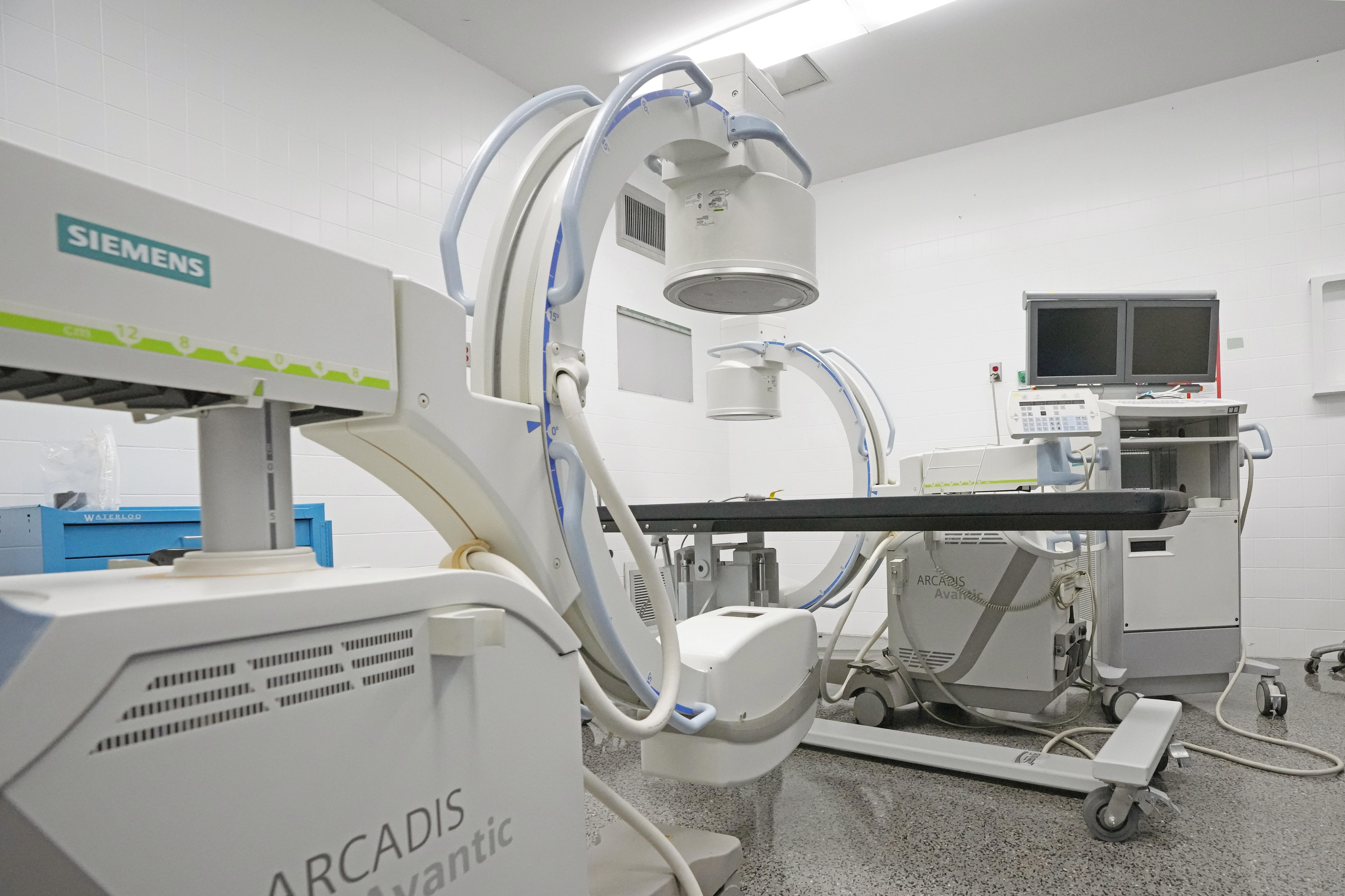That's because major reductions in federal Medicaid matching funds only apply to states that have expanded Medicaid under the Affordable Care Act or provide state-funded healthcare to undocumented immigrants.
“Looking at the provider tax, the state-directed payments and changes in those programs is where we will see the biggest dollar impact on our Medicaid program, and thankfully, it's not as bad for Mississippi as it is in some other states,” said Richard Roberson, President and CEO of the Mississippi Hospital Association.
The version of the bill that passed did not include a previously proposed reduction in health provider taxes. Instead, the bill freezes them at their current rates, which Mississippi uses to draw down between 1.5 to two billion dollars in supplemental federal payments each year.
We had estimated potentially hundreds of millions of dollars at stake or at risk if that ceiling was lowered,” Roberson said. “So we're appreciative that folks in Washington are allowing a state like Mississippi to basically be grandfathered in.”
Still, some Mississippians will face additional barriers to getting and maintaining certain kinds of health coverage. Tighter income verification and stricter re-enrollment rules will apply to over 300,000 residents who use the federal health insurance exchange.
John Dillon Harris, the Senior Policy Analyst for the Center for Mississippi Health Policy, produced a section-by-section analysis of the bill's healthcare provisions. He says adding extra steps for that population to go through will have an impact.
“Because of the large number of folks in Mississippi on those plans and the lack of a Medicaid expansion, there's a real risk that they could be without coverage or see some lapses in coverage,” Harris said.
The bill still has to clear the Senate to make it to President Trump's desk.




